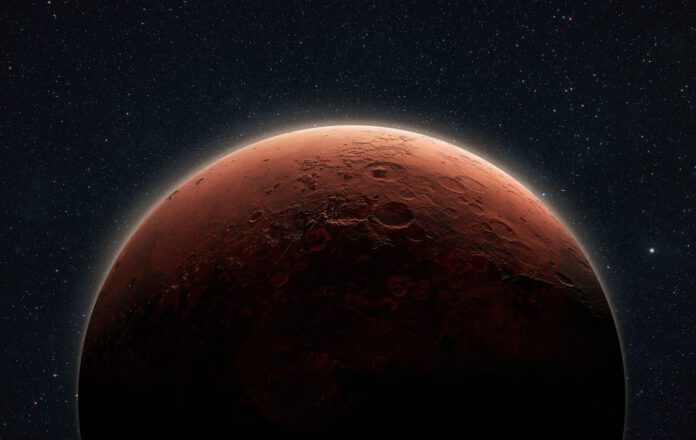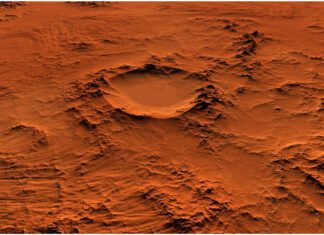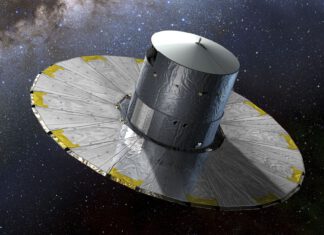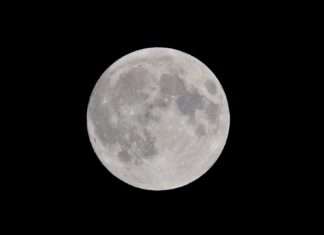
Astonishing Discovery: Bacteria Could Survive on Mars
Recently, scientists have made a startling revelation: certain types of bacteria appear to be able to thrive on Mars.
In the past several years, microbiologists have found bacteria in the most unexpected places: some exist in areas with extreme amounts of radiation, others inhabit places with very high temperatures, and one type even clings to the exterior of the International Space Station. This led scientists to wonder: are there types of bacteria that can survive the conditions on Mars? The answer, as recent research indicates, is a resounding yes. Scientist Marien de Jonge contributed to this study. He told Scientias, “The most surprising find was that some bacterial types are clearly quite resistant to the conditions as found on Mars. Think about this in terms of the combination of aridity, the low atmospheric pressure, the strong UV radiation, and the interaction with the present soil minerals.” The research has been published in the Astrobiology journal.
Recreating Mars Environment on Earth
The scientists were able to make this discovery by simulating Mars in a box. They partially filled the box with Martian-like soil, cooled the box to achieve a low temperature, and then removed all oxygen from the air within the box. The box was then exposed to radiation. With these preparations completed, the scientists commenced stage two of the research: gradually introducing various strains of bacteria. Four types were tested for this study: Serratia marcescens, Pseudomonas aeruginosa, Klebsiella pneumoniae, and Burkholderia cepacia. De Jonge explains why they chose these strains specifically, “These four bacterial types are the main causes of opportunistic infections. Additionally, they can all be found in the environment. They are omnipresent on Earth, as they adjust quickly. In science we often call them ‘non-fastidious’, meaning they are not picky.”
The research team first exposed each bacterial type separately to the various conditions they would encounter in the Martian box. Once these preliminary tests were done, the moment of truth came: all the bacteria were introduced into the box simultaneously. What immediately struck the scientists was the variety of responses from the different bacterial types. For example, B. cepacian struggled with some types of soil, and further desiccation of the Martian soil diminished the chances of survival. However, the bacteria proved quite resistant: S. marcescens, P. aeruginosa, and K. pneumoniae endured 21 days in the box, with P. aeruginosa even thriving and growing.
Potential Health Risk for Space Travelers
The implications of this research are extensive. De Jonge elaborates: “This study indicates that we should be aware of the fact that bacteria brought along on space travels can survive for quite some time. Not only that, it has been known that being in space has a considerable impact on the human immune system. This could potentially pose a health risk.” The study also highlights another concern: it’s very much possible that bacteria might mutate in space to adapt and survive better. The study suggests that types like P. aeruginosa could seriously sicken future Mars inhabitants, potentially even leading to the death of astronauts.
Notwithstanding, the research also raises further questions: though P. aeruginosa seemed to thrive in the simulated Martian environment, the scientists still don’t understand why. De Jonge wraps up by saying: “These findings raise two main questions: why exactly are these types resistant, and how does our immune system react to bacterial types that have been exposed to space?”











